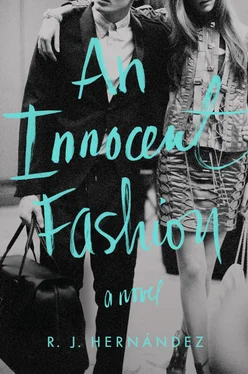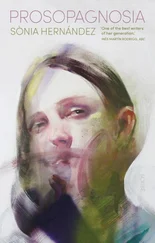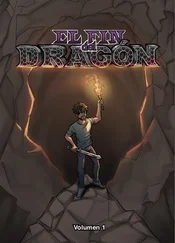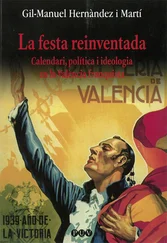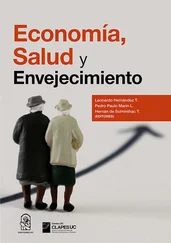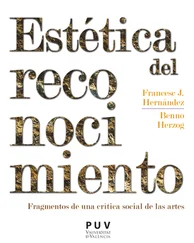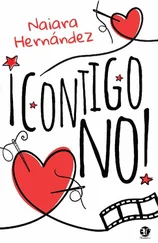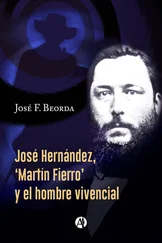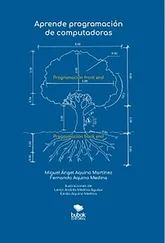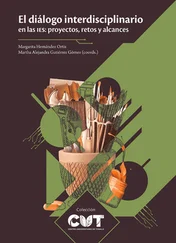Professor Pemberton’s hand traveled over the board toward the farthest corner of the left-wing realm, where he chalked down a star with Madeline’s name. “We’ll put you over here for now. A rotten anarchist,” he winked, “but I’ll admit, a charming one.”
I stared at Madeline. Her loose-fitting white dress had a neck tie and sheer billowing sleeves, and I wondered if, like me, she had once endured a confrontation with her own Cesar Montana, and decided that to dress like a lady elevated her to the last true bastion of humanity. The anticipation mounted as the class cycled through introductions: Katy McCutcheon considered herself a “boring liberal,” Anthony Griffith-Jones a “libertarian in a love-hate relationship with Marx,” and Anne Harrison a “Tea Party conservative, but please, no teabagging jokes, and no, I don’t hate gay people,” but to me Madeline Dupre could have been the only other person in the room.
Madeline had no idea what she’d stirred in me when we met on the landing outside my dorm — that moment she misheard my name as “Ethan.” After she had left with her father, a chill had run through me as I thought: Why couldn’t I be Ethan? College was supposed to be my new life, my new chance — if I was so committed to leaving behind Corpus Christi, then why not leave behind Elián too? I ran to the bathroom and looked hard in the mirror at my generic features: white skin, dark hair. I could pass for an Ethan. Why not just become him right then, before anybody learned my real name?
There had been a name tag on the door of my new suite, but I ripped it away and shouted, “Mom, Dad! I’ll be back soon!”—and the next thing I knew I was at the registrar’s office. “I want this name to appear on my ID,” I said, and handed the secretary a scribbled piece of paper. “I’d like it in my school e-mail, my transcripts, everything, and ideally, it would change before my professors got their class rosters.”
She lifted a pair of pink cat-eye reading glasses from a chain around her neck, and inspected the paper.
“What?” I asked. “Do my parents need to sign something?”
She lowered the paper from her face, and said, “You’re an adult now. I could change your name to Martin Luther King if that’s what you wanted.”
My parents didn’t protest. Through an explanation marked by ambiguity and feigned nonchalance, I misled them to believe the school had required the anglicized name change; less than a year later, I would file a legal petition with the court clerk’s office of Corpus Christi, and the transformation would be official.
But by the time my turn to speak had arrived in my Political Systems class, freshman orientation — a two-day period featuring the endless exchange of introductions with new peers and professors — had already offered me innumerable opportunities to practice saying my new name.
“I’m Ethan,” I said confidently now to my new class. “Ethan St. James.” Nobody questioned me, and I continued, “I guess I’m with Madeline, except I don’t want to be a senator. Maybe it’s simplistic, but governments rarely seem to do much good, for all the money they spend. If it were possible, I wouldn’t mind a governmental do-over.”
“I should have guessed,” Professor Pemberton said. “With that ascot, you’re a threat to the establishment, or at least, to denim and 100 percent cotton. Hurrah! Another anarchist!” The class laughed as he put my star next to Madeline’s, and Madeline blushed across the room.
For the rest of the class period I somehow knew she was aware of me, even though after my accidental rebuff of her greeting earlier, her every move now attested to the contrary. This went on for several class meetings, during which my desire to make eye contact was met only by fervent avoidance, so that our faces became like two magnets dancing in dipolar repulsion.
I ALWAYS KEPT AN EYE OUT FOR HER AROUND OUR RESIDENTIAL hall, but only saw her once, when she practically ran away from me (“Hello! — I’m late! — Good-bye!”). Although it was unclear to me what kind of game we were playing, if any, what became quite clear was the extent to which Madeline was deadly serious about her radical politics. By the end of our second class she had established a habit, both endearing and exasperating, of usurping the round table discussion. It manifested in a galloping tangential rant, always scarcely related to the topic, which our professor indulged only in light of her heartbreaking sincerity. Her tirades began the same way every time: Some harmless comment would irk her, setting a timer in her head. She would start to fidget — one hand over the other on the table, then one hand under her chin, or in her hair, or flapping around on her lap while the other tried to contain it, and all along her weight would shift from side to side in her wooden chair — until finally she burst, as flustered as a wet bird, and with a look of breathless desperation thrust her delicate hand in the air.
Upon professorial permission, Madeline would disappear behind a flutter of animated arguments — a series of haphazard gesticulations, her Tiffany bracelet jangling as she denounced the current political state and made frequent use of the ominously indefinite phrase: “The Institution.” Coming from her mouth, these truculent, almost mannish, diatribes only accentuated her dazzling femininity; the extraordinary contrast was rendered total when, at the end she always concluded that the only solution (it was so obvious to her) could be no less than the obliteration of the current governmental structure. Nobody had the heart to contest her, even though hers was obviously not a view shared by our entire class: Her guileless idealism made her so sympathetic that to oppose it with an appeal to conventional rationality seemed almost malevolent.
Soon I had made a silent sport of predicting what would send her over the edge. In the fifth meeting of our class, we were discussing policies for raising the minimum wage, and I sensed Madeline would get worked up by Katy McCutcheon’s assertion that “a few extra cents could mean a new microwave for a struggling family.” Madeline’s face wrenched in regal horror, ignited the typical squirming, then—
“I don’t see how these trifling policies solve anything!” she cried out. “Raising minimum wage can’t make a fundamental difference to human happiness, and isn’t happiness the true goal?” Whenever she passionately jumped in, the sun always conspired with the window to illuminate her with an aura of brilliance: Her hair would seem brighter, her eyes more piercing, and soon her whole body was glowing with otherworldly endorsement. “If the idea is to actually improve the quality of human lives, then the working class of America doesn’t need a few cents more so they can save up for a new. ” she squirmed, her lips uncomfortable repeating a word so philistine as microwave, “. a new appliance,” she finished.
Now her pre-Raphaelite hair seemed to grow longer and longer, every second spooling further downward over her shoulders.
“The emphasis needs to be on culture — access to beauty and the arts, with enough time to enjoy them. In fact, more useful would be shorter work hours — no more overtime or corporate rat racing. We need a more natural human existence. What happened to being outside? Governments always underestimate the importance of natural beauty on the human psyche — of public parks and gardens and—”
Unprecedented opposition came in the form of Grant Goodwin. “I’m sorry to interrupt,” he began. His was a face of noble contours; an aquiline nose and strong, jutting chin, framed by blond hair, were features that made him a well-matched physical, if not philosophical, equal to Madeline. As such, he was perhaps the only other class member whose displays of political passion received a similar blessing, and the dozen faces around the table slanted toward him.
Читать дальше
